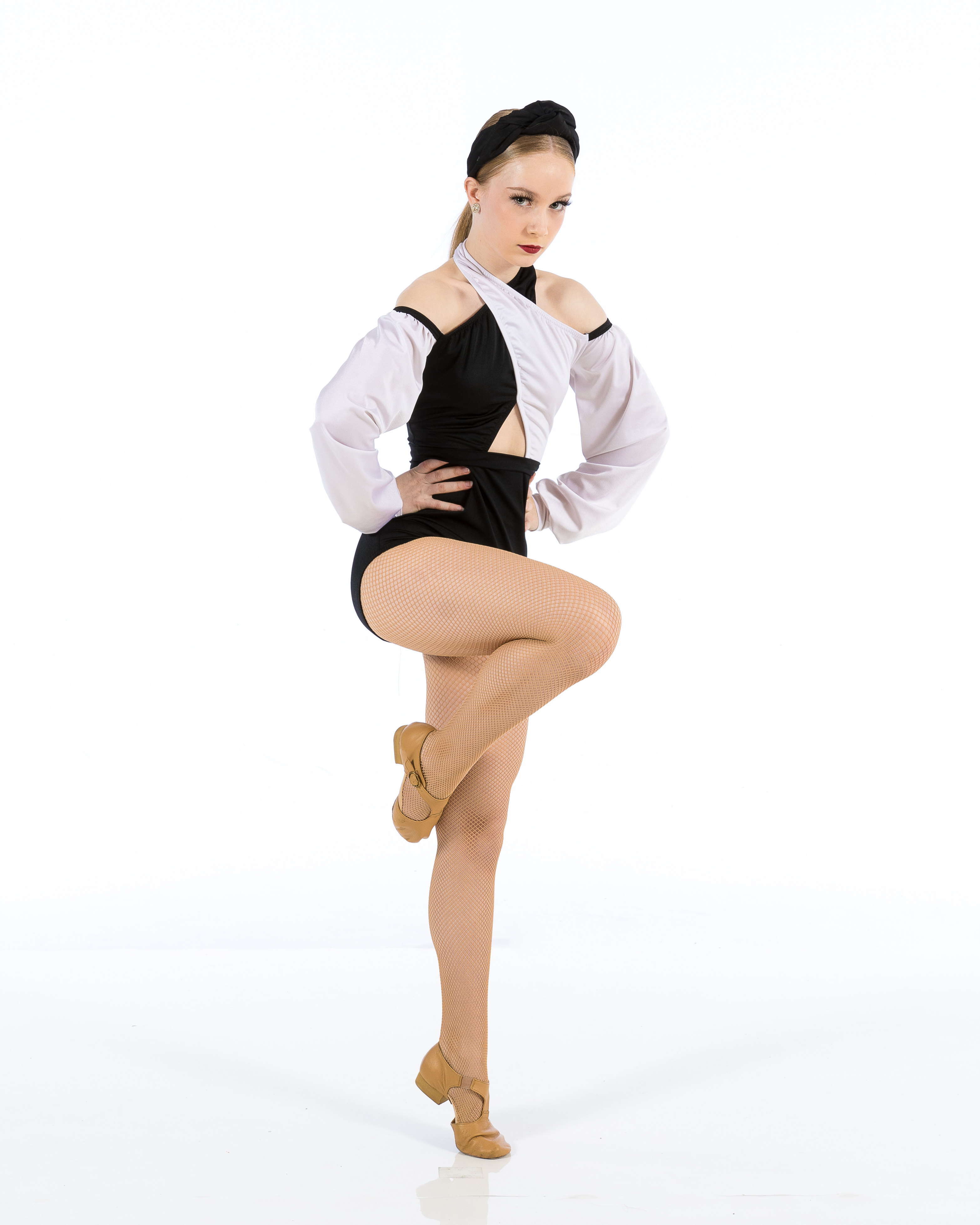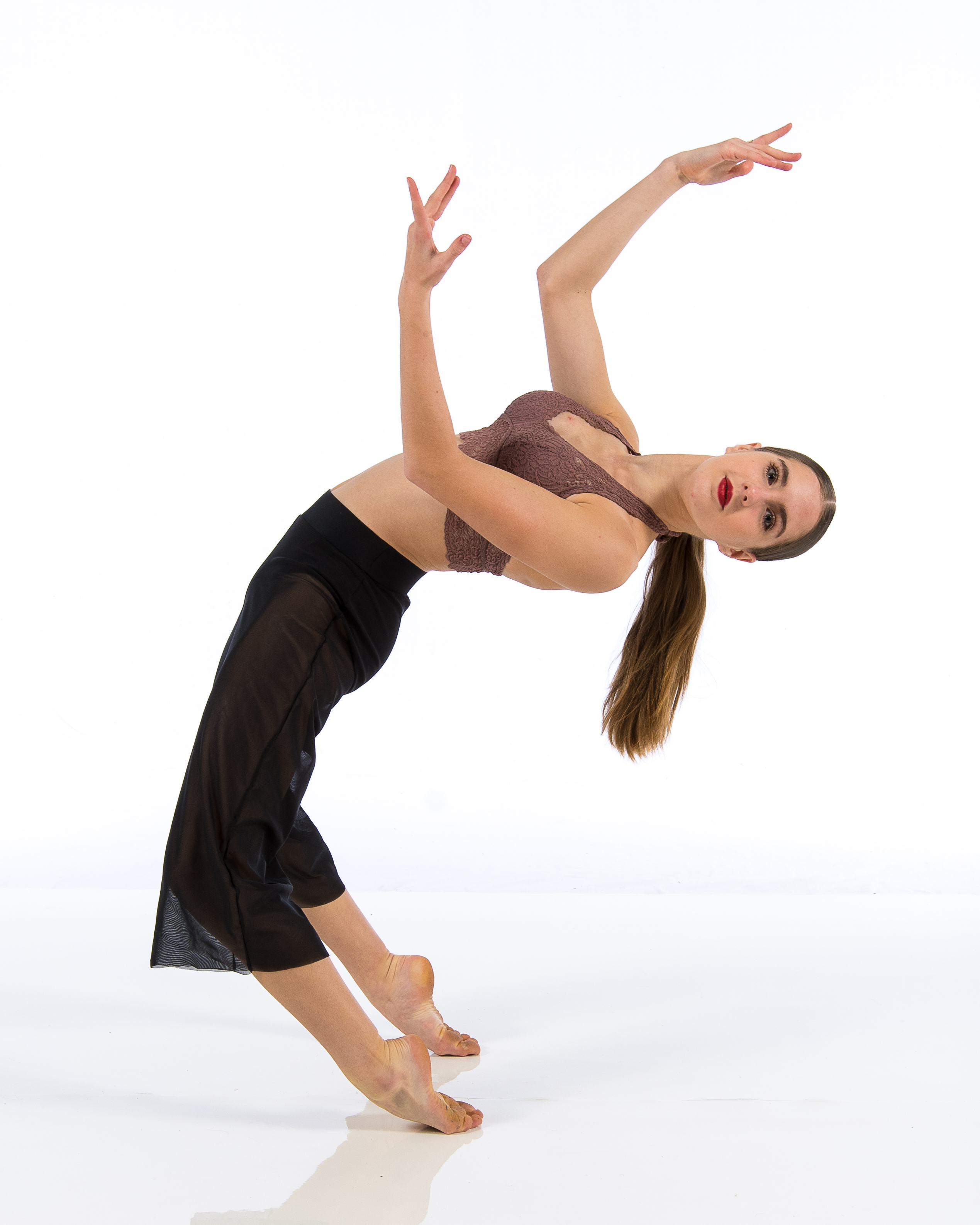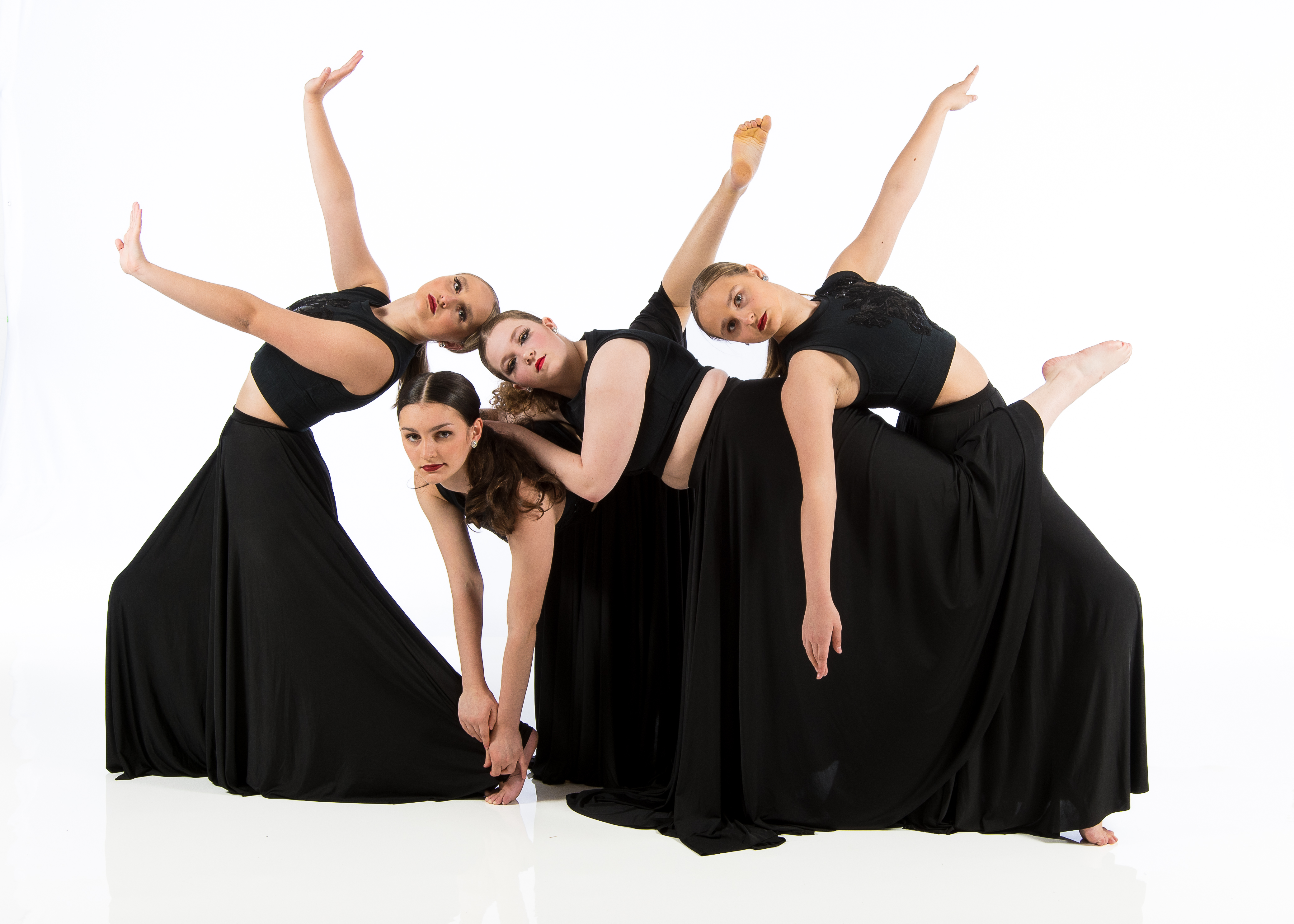When you think about stepping into a world of rhythm, grace, and expression, dance is often the first thing that comes to mind. Whether you're a seasoned performer or someone who has just discovered the joy of movement, choosing the right class at a local dance academy can be a thrilling yet daunting task. With so many options available, how do you select a dance studio that caters to your specific needs? This article dives deep into everything you need to know about finding the perfect dance class for you.
Understanding Your Dance Goals
What Are Your Objectives?
Before you even step foot into a dance studio, it’s crucial to understand your personal objectives. Are you looking to improve your fitness? Do you want to learn how to perform on stage? Or maybe you're seeking to build confidence in expressing yourself through movement?
Identifying Your Goals:
- Fitness: If staying active is your primary goal, consider classes like Zumba or Hip-Hop. Performance: If you're aiming for stage performance, ballet or contemporary might be more appropriate. Social Interaction: For those wanting to make friends and enjoy group dynamics, salsa or ballroom dancing could be your best bet.
Once you've pinpointed what you're after, you'll have a clearer vision when exploring different local dance academies.
Importance of Self-Evaluation
Self-evaluation isn’t just about your goals; it’s also about understanding your current skill level. Are you a complete novice with two left feet, or do you have some prior Dance information experience? Knowing where you stand will help in selecting classes that won’t overwhelm—or bore—you.
Types of Classes Offered at Dance Academies
Beginner Classes
If you’re new to dancing, beginner classes are where it all begins. These classes focus on basic movements and techniques while creating an enjoyable environment for learning.
Intermediate and Advanced Classes
For those with more experience, intermediate and advanced classes challenge students with complex choreography and skills.
Specialty Classes
Many dance studios offer specialty classes such as:
- Ballet Jazz Tap Hip-Hop Contemporary
Specialty classes provide unique styles and techniques that can broaden your dancing repertoire.
Workshops and Master Classes
Don’t overlook workshops! These sessions often bring in guest instructors who specialize in particular styles or techniques. They're fantastic opportunities for immersive learning.
Assessing Local Dance Academies
Researching Dance Studios Near You
The first step in assessing local dance academies is thorough research. Make use of online platforms like Google Maps or Yelp to find studios within your vicinity.
Read Reviews and Testimonials
Look out for reviews from former students. Positive testimonials can indicate that an academy maintains high teaching standards and fosters an encouraging atmosphere.


Visiting The Studio In Person
Nothing beats visiting the academy in person. A tour gives you insight into the facilities, cleanliness, and overall ambiance of the place. You'll also get to meet instructors—first impressions matter!
Evaluating Instructors’ Credentials
Instructor Experience Matters
When choosing a dance class at a local academy, instructor qualifications play a vital role. Look for teachers who hold professional certifications or extensive performance backgrounds.
Teaching Style Compatibility
Each instructor has their own unique teaching style. Some may be strict while others take a more relaxed approach. Understanding these styles can help determine if you'd thrive under their guidance.
Class Size and Student-to-Instructor Ratio
Small vs Large Class Sizes
Class sizes can significantly affect your learning experience:
- Smaller classes provide more individualized attention. Larger classes foster community but may limit personalized feedback.
Consider what kind of environment helps you learn best!
Location and Schedule Flexibility
Convenience Is Key
Select an academy that’s conveniently located close to home or work. This will reduce travel time and make it easier to commit fully.
Flexible Scheduling Options
Look for studios offering varied class timings—weekend options might be preferable if you have weekday commitments!
Trial Classes: A Smart Approach
Why Take Advantage of Trial Classes?
Many local dance academies offer trial classes that allow potential students to sample lessons before committing long-term. It's an excellent opportunity to gauge whether the style suits your needs without spending too much upfront.
Choosing Between Group and Private Lessons
Group Lessons
Group lessons are typically more affordable than private ones. They provide chances for socializing but may not always cater specifically to individual needs.
Private Lessons
On the flip side, private lessons offer tailored attention from instructors but come with higher costs. Evaluate what fits within your budget while aligning with your goals!
Financial Considerations
What Does It Cost?
Dance academy fees vary widely based on location, instructor experience, and class type. Be sure to ask about payment plans or discounts for multiple classes!

Safety Protocols During Classes
Health & Safety First
In light of recent events around health safety protocols should be top-of-mind when selecting a studio! Ensure they maintain cleanliness standards—and if applicable—social distancing measures during group sessions!
Building Community Within Dance Studios
Connecting with Fellow Dancers
One of the joys of dancing is forming connections with other dancers! Look for studios that encourage camaraderie through events such as Dance Studio showcases or social dances; this adds another layer of enjoyment!
Performance Opportunities
Showcases & Competitions
If performing interests you—look into whether academies provide opportunities for recitals or competitions! Participation can enhance skills while boosting confidence levels significantly.
Frequently Asked Questions (FAQs)
1. What should I wear to my first dance class?
It's best to wear something comfortable that allows free movement—leggings paired with a fitted shirt usually do the trick! Avoid overly loose clothing as it might interfere with movements.
2. Can I switch classes if I feel I'm not in the right level?
Absolutely! Most studios allow students flexibility in changing levels based on their comfort zones—just speak up about any concerns!
3. What age groups do most local dance academies cater towards?
Many academies offer classes suitable across all ages—from toddlers starting their journey through adult programs designed specifically for older learners!
4. How often should I practice outside of class?
Practicing regularly outside scheduled lessons enhances retention significantly! Even just fifteen minutes daily can make all the difference—aiming for consistency over duration works wonders here!
5. Are there any physical limitations I should keep in mind before enrolling?
Absolutely consult medical professionals if unsure regarding physical capabilities due prior injuries/conditions; many schools also offer adaptive programs catering towards specific needs!
6. What’s included in tuition fees aside from actual instruction hours?
Tuition costs typically encompass facility usage fees (like space rentals), administrative expenses related directly towards running operations effectively as well as recital preparation costs where applicable!
Conclusion
Choosing the right class at a local dance academy tailored specifically towards individual requirements is essential—not only does it ensure effective learning but also brings immense joy along every step taken upon this vibrant path full of rhythm! So take time considering preferences while exploring options available locally—you’ll undoubtedly discover wonderful avenues leading toward self-expression through magnificent art forms found within each case study presented above! Happy dancing!